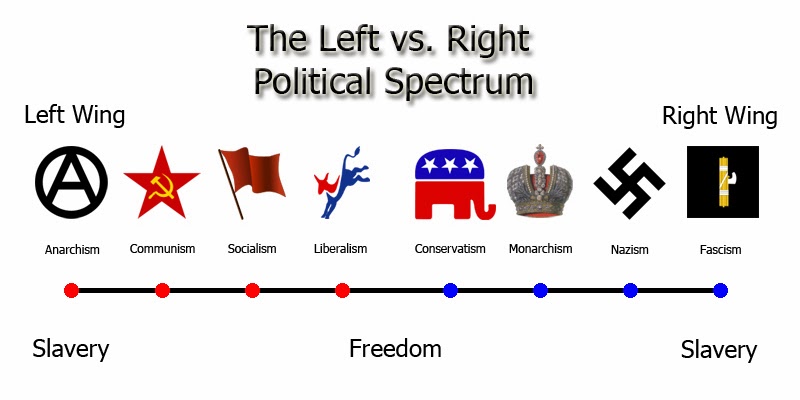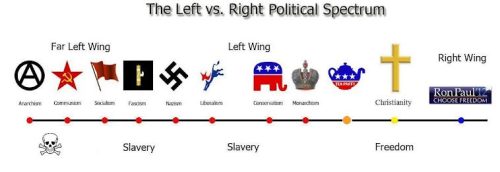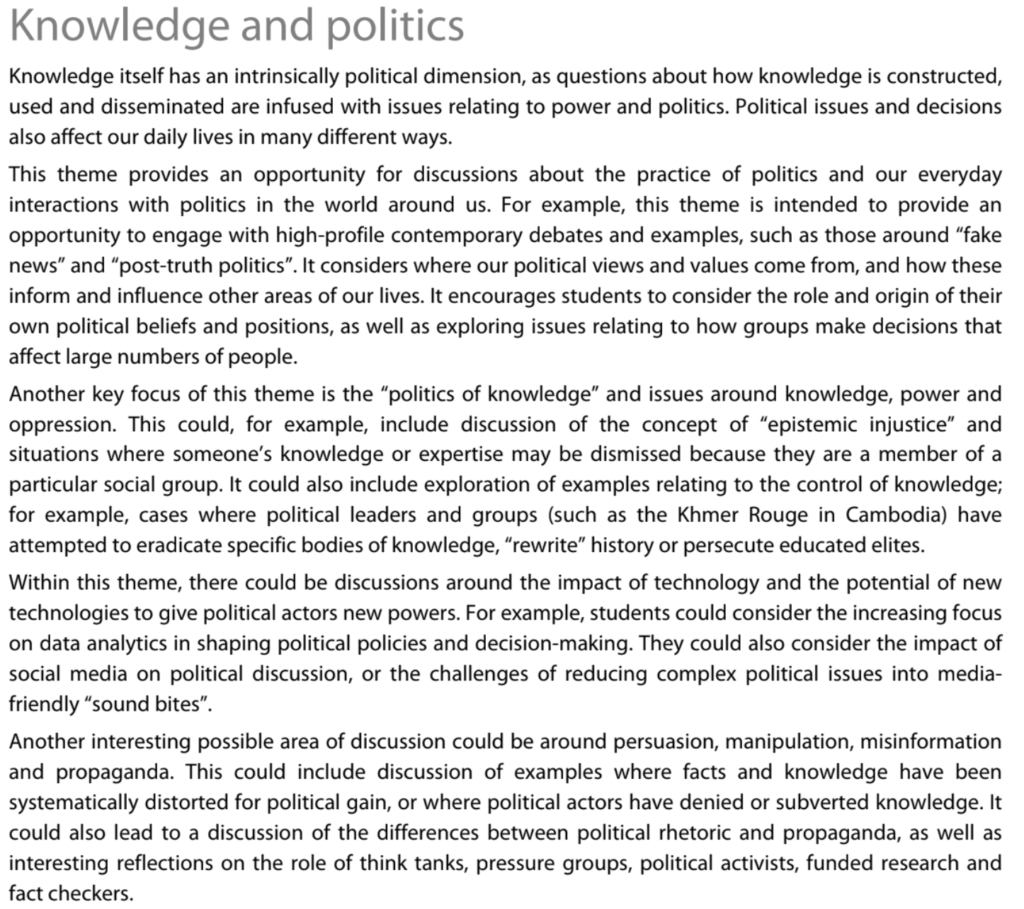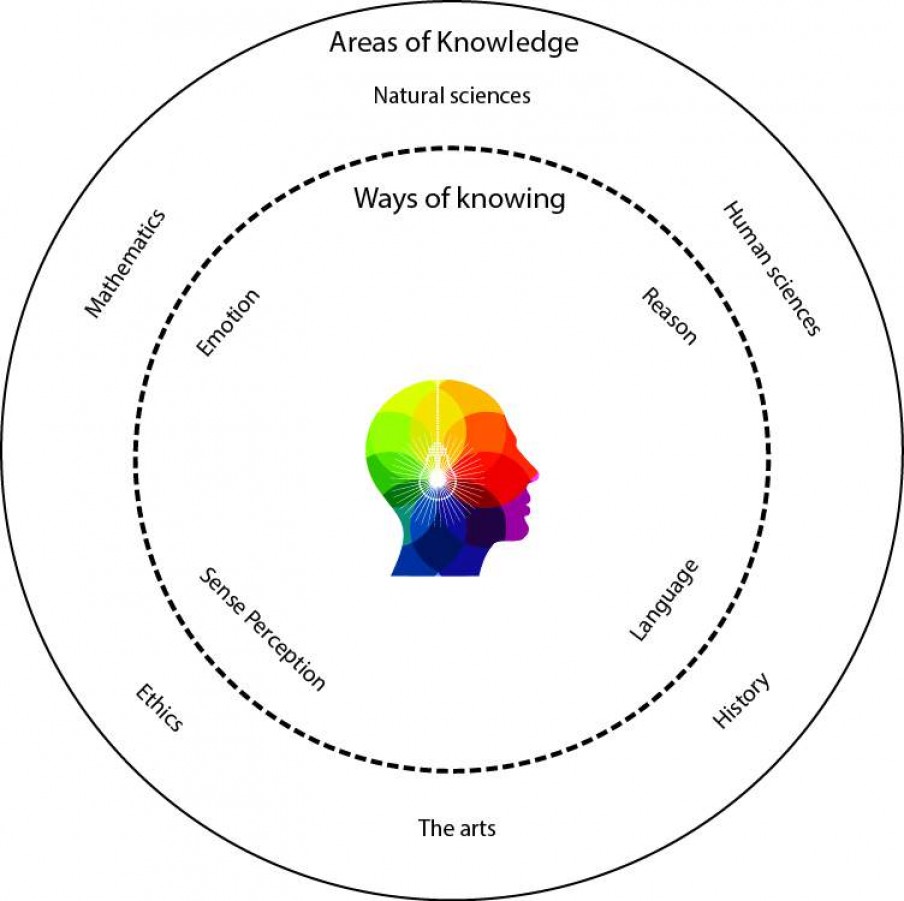
This is the heading

From the Theory of Knowledge guide.

It is important that when analysing this theme in TOK, you should also incorporate the different Areas of Knowledge too.

Political Issues in the TOK
A. Who decides what should be taught in an educational national curriculum?
B. How are people persuaded to vote in election campaigns?
C. How is the mainstream media (MSM) influenced by politics around the world?
D. Can experts, for example scientists and doctors, be influenced by politics?
E. How do governments and corporations control knowledge?
F. How do people develop their political perspectives?
G. Does the Internet and its increasing number of news channels allow us to make better informed choices?
H. How should morality determine politics?
A. Education
KQ
- How can governments use education to further their political aims?
- To what extent does education reflect the needs of society?
From my experience, in countries such as Turkey and Egypt, it is ‘preferred’ that citizens of those countries teach their history. This may lead to more loyalty to the nation and prevent other perspectives being taught.
Padlet – Which political issues interest you?
What Japanese history lessons leave out
1. How do you know what should be taught in a national curriculum?
2. Whose/ what knowledge are you using in determining this? How do you develop your perspective?
Black Lives Matter
Black Lives Matter and the UK national curriculum
BLM to be taught to all students
Padlet – To what extent should a national curriculum reflect politics
B. How do you vote?
KQ
- How can we know whether we have sufficient knowledge before voting in an election?
- In what ways is factual evidence sometimes used, abused, dismissed and
ignored in politics? - Is being knowledgeable an important quality in a political leader?
- How is the practice of politics distinct from the discipline of political science?
- What issues does politics raise about the difference between knowledge and
opinion? - How might political controversies be triggered by developments is
scientific knowledge? - Why have political leaders sometimes tried to control or eradicate specific
bodies of knowledge? - With regards to politics, do we know as much as we think we know?
Ways of Knowledge are used to persuade you to vote. Which do you think are the more effective? Consider who the target audience is. Are the same WoK used for young females compared to middle-aged men? Are minorities in a country targeted in the same way as the majority?

Fear (especially 5&6) can be used to persuade voters to vote for or against another political party. This emotion can override reason, perhaps more so if the issues which you are fearful of could affect loved ones.
D. Experts and Politics
KQ
- Why have political leaders sometimes tried to control or eradicate specific
bodies of knowledge?
Should experts make the decisions in their country or elected officials? Whose knowledge do you trust, what are the limitations of each? In this time of Covid, are politicians absolving themselves of responsibility by giving scientific and medical experts the platforms to address the nation? Does it all depend on the results? What makes an ‘expert’?
- Why would you trust a health secretary/minister more than a scientific/medical ‘expert’?
- Who would listen to the minister more than the expert? Why?
- Why would you trust the expert more?
- Who would listen to the expert more? Why?
- Where do people get their information from regarding Covid?
- Can the public gather sufficient information to develop a judgement?
- Which logical fallacies are used when judging the threat of Covid?
- Is building up herd immunity a moral act? Should a government adopt a utilitarian approach?
- How can a political situation within a country affect Covid?
Why replacing politicians with experts is a reckless idea
E. Controlling Knowledge
KQ
- In what ways is factual evidence sometimes used, abused, dismissed and ignored in politics?
The Milgram Experiment
The Khmer Rouge and Killing Fields
Khmer Rouge and Cambodia’s years of brutality
Chairman Mao’s Red Guards
According to Frank Dikotter, a prominent historian on the life of Chairman Mao, the period of the Cultural Revolution saw the intelligentsia attacked and sometimes killed.
- Teachers targeted by students, encouraged by Mao. These students would form the Red Guards. The attacks on the teachers aimed to remove the ‘Four Olds‘ – Old Culture, Old Customs, Old Habits, and Old Ideas.
- Dikkoter explained that there were two periods, the Red Years 1966-68 where the Red Guards look for their teachers and the intelligentsia. In the Black Years 1968-1971, the army takes over. It looks for potential rivals and the educated. Millions are ‘re-educated’ by sending them to the countryside. After Lin Bao dies (in a questionable plane crash) the Grey Years set in, the army no longer in charge.
Covid-19
Coronavirus advice ignored by Brazil’s President Jair Bolsonaro
Coronavirus bombshell: Real reason Sweden is ignoring rest of Europe exposed
F. How do people develop their political perspectives?
KQ
- What kinds of knowledge inform our political opinions?
- What impact has social media had on how we acquire and share political knowledge?
Correlation vs. Causation: An Example
Correlation vs Causation: Definition, Differences, and Examples
Difference Between Causation and Correlation
What Factors Shape Political Attitudes?
G. The Internet and the News
KQ
- Has technology changed how and where our political views are shaped?
H. Morality and Politics
KQ
- On what criteria can a government be judged as moral?
- Are political judgments a type of moral judgment?
- Do political leaders and officials have different ethical obligations and responsibilities compared to members of the general public?
Political Philosophers
Epistemic Injustice
This concept explains how knowledge is received in different ways according to the biases we have. The video below explains that some stereotypes exist because of the perception of people in power.
For a simpler understanding, watch the Crash Course video.
Twelve Angry Men

